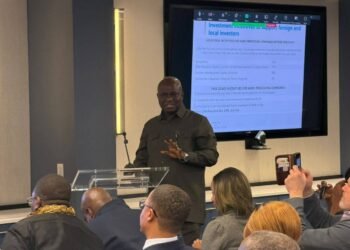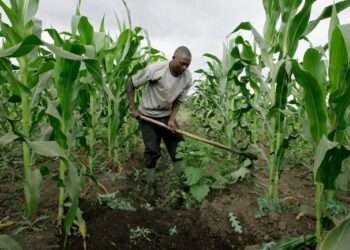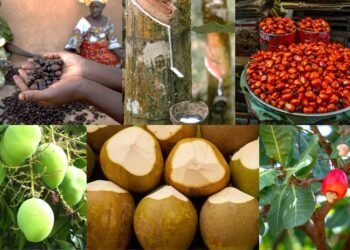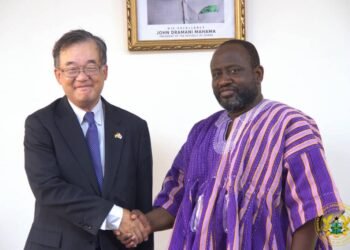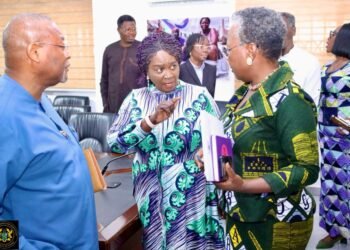The Ghana Tuna Association has stated the country’s budget and economic policies placed less focus on the growth of the fisheries sector. According to the Association, this year’s budget, just as previous ones, failed to address the sector’s challenges.
Speaking in an interview, Richster Amarfio, the Ghana Tuna Association’s Secretary indicated that the artisanal sector has largely not received much government support in terms of budgetary allocations. He said the government’s budget has been always how the sector would contribute more to the government revenue generation program. He, therefore, suggested that the budget must look basically at how to support the artisanal sector to foster its growth.
Mr. Amarfio added that the budget must not only look at maximizing revenue generation from the industry. Rather, the government must also see how to enforce laws against illegal fishing towards the management of fish stocks.
Furthermore, he stated that moving forward a lot more engagement would be needed to address the challenges with the sector.
“We probably need to do more engagement on budgeting for the fisheries sector. We need to develop capacity in how to budget for the fisheries sector to make the fisheries sector respond to the needs of the country.”
Richster Amarfio, the Ghana Tuna Association’s Secretary
Tuna has been Ghana’s biggest seafood export, contributing significantly to the domestic fisheries sector. Among the top 10 products, tuna contributed about $1.66 billion representing 57% of the total non-traditional export revenue in 2019. However, Ghana is experiencing a decline in marine catches as a result of overfishing, illegal fishing, habitat degradation and many more.
Varied Assessment of Government’s Budget for Fisheries Sector
In another development, SEND Ghana noted that budgetary allocation for the Ministry of Fisheries and Aquaculture Development has increased by 163.6%. They indicated that the increment is in line with calls for increased funding for the development of the sector. However, the analysis over the years show that execution rates have been low, they noted. They attributed the low execution rates to non-releases of substantial amounts of approved budgets for spending.
According to their assessment report, the total approved budget for capital expenditure was GHS 39,142 million in 2018. However, only 15.8 percent (GHS 6, 208 million) was released. Similarly, in 2019, the ministry spent less than half (45.7 percent) of its approved budget of GH¢59,592,448. The organization therefore urged government to ensure the mobilization of adequate funds and timely released to MDAs.
Furthermore, the 2021 budget reveals that government intends to give the artisanal fishing industry a major facelift. The government will complete the construction of the National Aquaculture Centre to promote aquaculture in the country. In addition, Government will construct hatcheries at the Ashiaman and Kona- Odumase and complete work at the Sefwi Wiawso and Dormaa Ahenkro.
To ensure growth of the fisheries sector, Kweku Ofori Asiamah, Transport Minister has revealed that the government has earmarked three towns, for the construction of modern fish landing sites. The towns are Ekumfi Otuam, Osu, and Mfantseman. This will bring the total number of such projects along the coastal regions of Ghana to fourteen.
Read also: We have taken some steps to get some of these monies back- SSNIT




